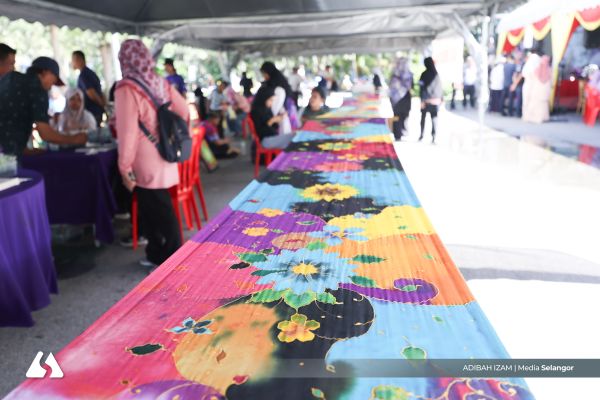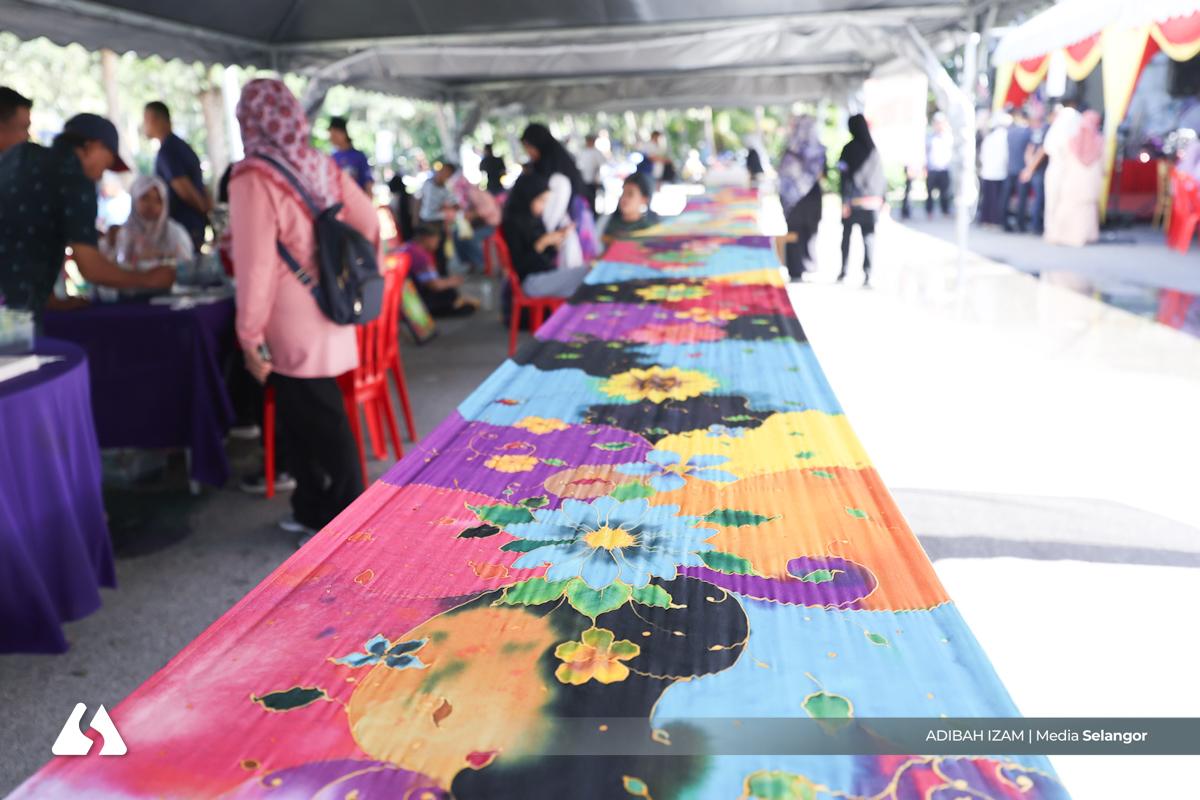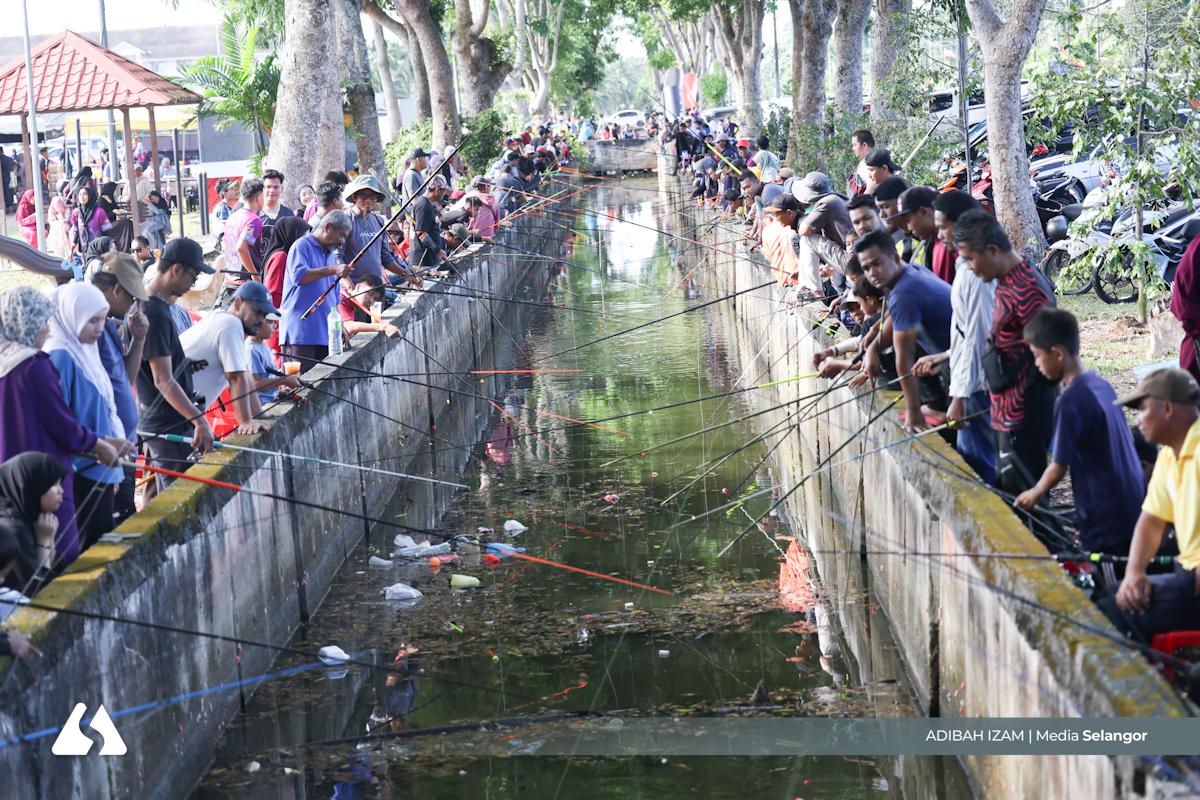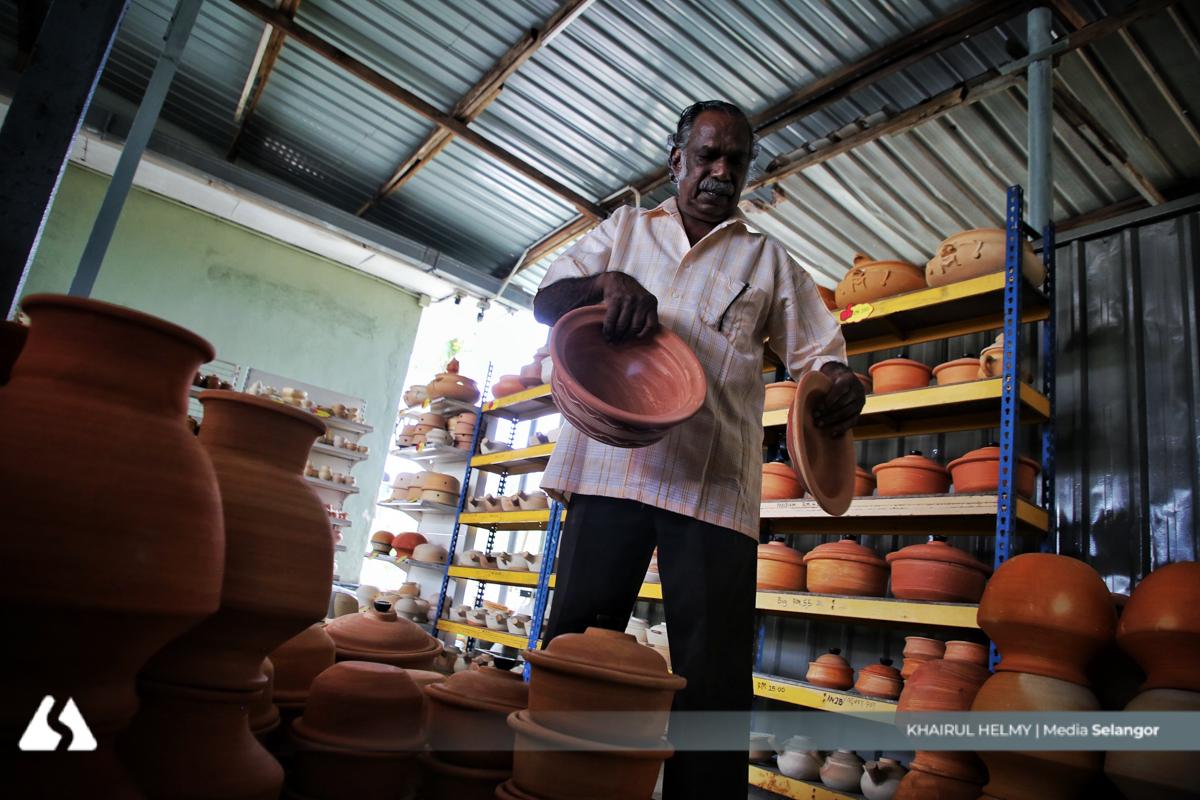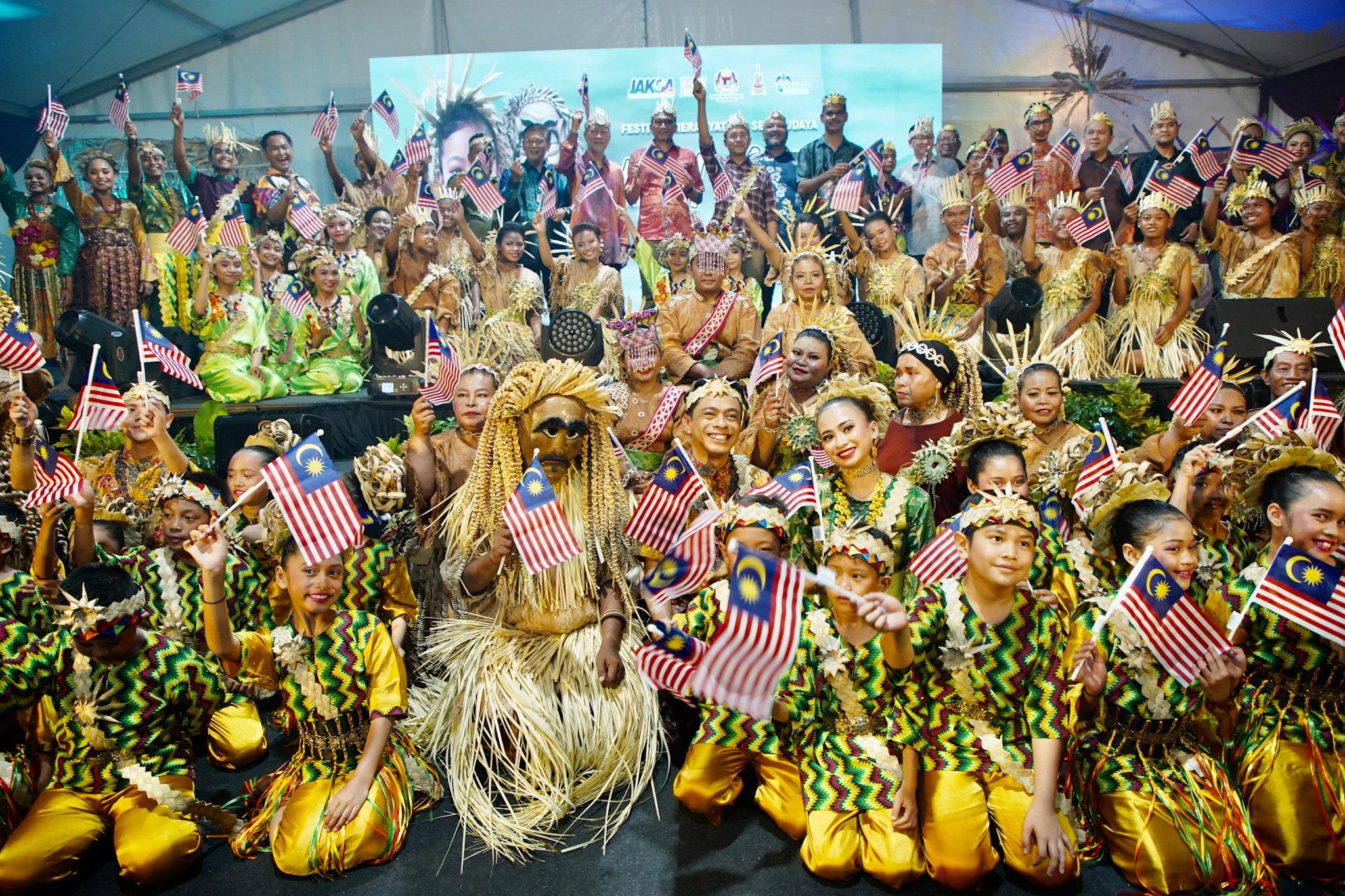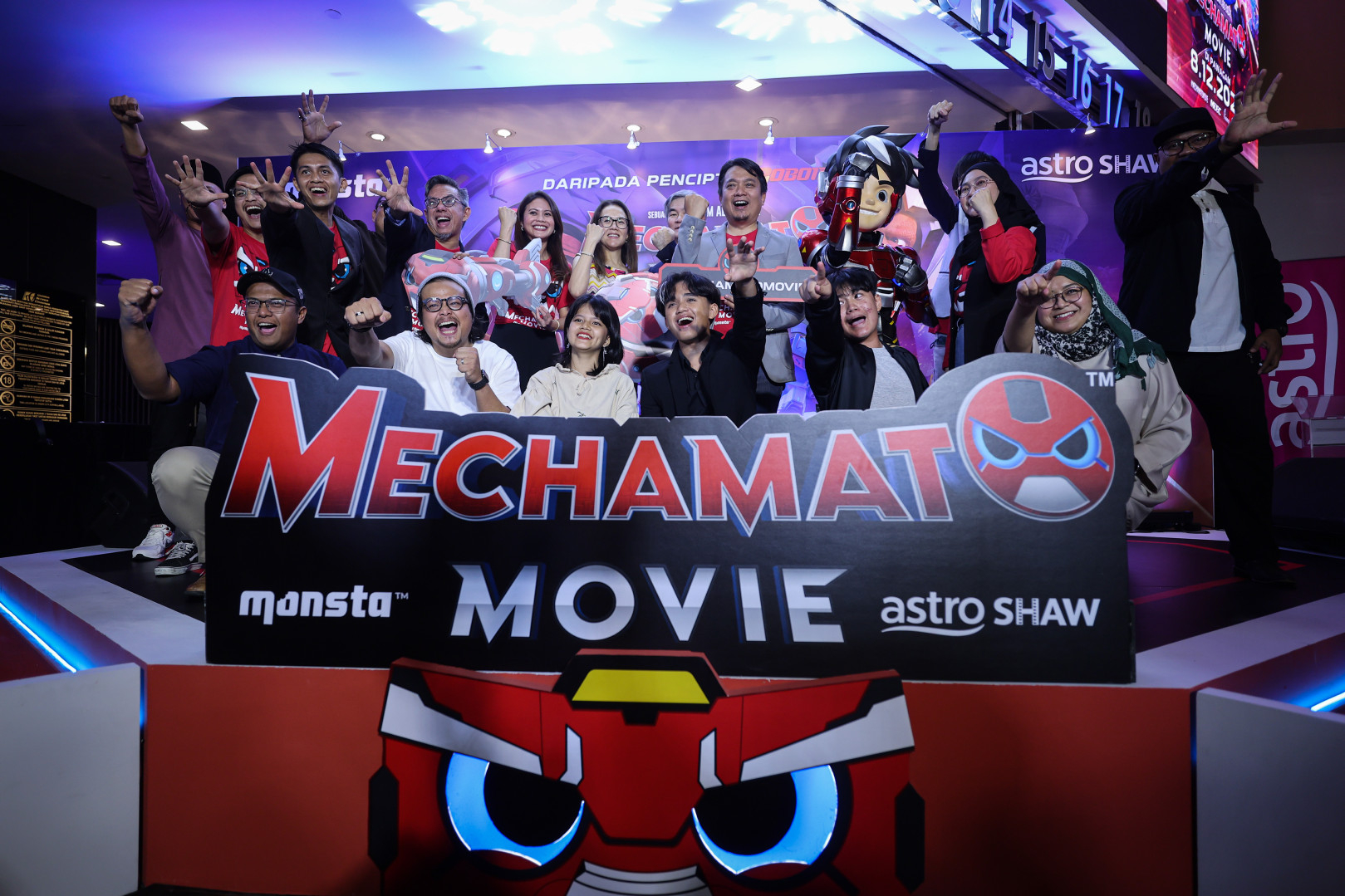SHAH ALAM, Sept 22 — The creative industry, dubbed the orange economy, is gaining traction as a driver of global growth, social inclusion, and innovation.
It involves industries such as film, music, design, fashion, advertising, gaming, and publishing, and is driven by human imagination, capabilities, and cultural heritage to generate goods, services, and even intellectual property.
In Selangor, initiatives to boost creative hubs, support startups, and nurture talents highlight the state’s commitment to expand its orange economy as a game-changer for innovation and inclusive development.
The United Nations Conference for Trade and Development recognised creative industries as an engine of growth in 2004, highlighting their potential to fuel structural transformation, socio-economic progress, and sustainable development.
More than a source of economic revenue, the creative economy also strengthens cultural development and community building.
“The orange economy is important for a country’s culture development and community building,” British Council head of art Florence Lambert told Media Selangor.
She said that in the United Kingdom, the orange economy is one of eight national priorities under the Industrial Development Plan, with initiatives supporting finance, skilled workforce, regional clusters, and frontier industries.
For Selangor, according to Universiti Malaya economist Prof Rajah Rasiah, the opportunity lies in positioning itself as Malaysia’s creative hub — capitalising on the digital shift and emerging technologies.
“It is critical for the state to engender the conditions for evolving digital skilling and competence building both for those administering and manning the platforms and those seeking services from them.
“The state should open up digital platforms for creative industry workers to utilise the synergies from Big Data analytics, IoT (Internet of Things), and robots, deploying them 24 hours per day.
“The state should also prioritise digital skilling and competing digital platforms, as well as the incoming labour force,” he said.
Rajah said technical and vocational education training (TVET) institutions in the state must be equipped with strong artificial intelligence (AI) competencies for both full- and part-time students.
“The importance of TVET, as equally important as normal schools, colleges, and universities, must literally be preached from early (on in) schools,” he said.
He also said that gig workers in particular see the creative sector as a platform to “realise their creative selves while earning income”.
Rajah added that global trends are shaping the creative economy, citing AI and the gig economy as the main game changers.
“Since the focus on creative industries has opened the floodgates of work to self-work and work undertaken by small groups of people with little capital resources, artificial intelligence supports the appropriation of the economies of scope to make such industries unique, flexible, and competitive,” he said.
In line with this effort, the Selangor Creative Economy Expo 2025 (SCEE25), to be held by the state government and Selangor Youth Community (SAY) on Tuesday and Wednesday, will be a platform to showcase innovation, foster business matching, and build strategic partnerships to strengthen the sector.

Policies, incentives crucial
Lambert meanwhile said creative clusters, and networks of people and spaces dedicated to the arts and culture are vital to support this growth.
“Creative clusters provide a space for cultural expression, cultural heritage preservation and promotion, and innovation. It will also be a critical force in addressing the AI revolution and its impact on communities and career trajectories,” she said.
Through initiatives like the British Council’s Hubs for Good programme in Malaysia, these clusters have proven to be spaces that foster innovation, skill development, and networking, while contributing to local economic and social development, she said.
Lambert added that policies and incentives are also important to scale up the industry.
Meanwhile, Rajah recommended tax deductions for digital training and applied research, alongside co-funded grant schemes, such as those in the Netherlands and Taiwan.
However, he said strict monitoring is needed to avoid misuse.
“The careful regulation of the provision of incentives and grants in an industry that offers strong appropriation of creativity will go a long way to promote Selangor as an innovation-driven state that is also based on strong cultural identity,” he said.
Both Lambert and Rajah said Malaysia has a global potential in creative fields, such as gaming animation, digital content, fashion, and cultural tourism, which have shown strong growth.
This is backed by government incentives through the Malaysia Digital Economy Corporation (MDEC).
Lambert used the UK Global Screen Fund as an example, saying it was established to strengthen the international growth of the UK’s independent screen industry.
Backed with £28 million (RM159.07 million) over four years, the fund has supported the distribution, co-productions, and promotion of UK screen content. In its first year, the fund saw 75 awards disbursed across various funding strands, including international distribution and co-production and support provided to movies like Good Luck to You, Leo Grande and Living, which have received multiple BAFTA and Oscar nominations.
“At a regional level, the British Council is partnering with the FCDO (Foreign, Commonwealth and Development Office) and Asean Secretariat on the Asean-UK Advancing Creative Economy initiative, a regional effort to help build capacity among policymakers and creative practitioners, support festival development, promote knowledge exchange, and do research into the creative economies of Asean.
“The programme’s Creative Economy Policy Training course provided policymakers of 10 Asean countries with a deeper understanding of the importance of the creative economy and its potential contribution to the national economy, cultural development and social cohesion,” Lambert said.
